Biohacking in Singapore: keto diets, fasting, flotation therapy, DNA kits – how people are looking to optimise health and longevity
- Singapore’s biohackers have adopted a wide range of therapies, treatments and diets in pursuit of an optimised life and superhuman performance
- Singapore’s first biohacking gym is expected to open by the end of this year, while keto-friendly bakeries are taking advantage of the diet’s popularity
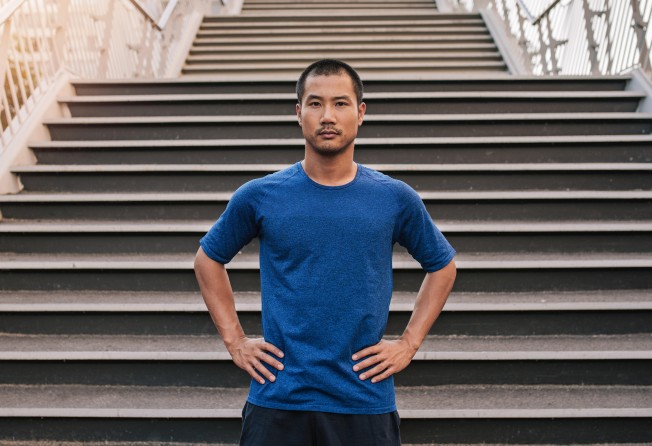
Every morning, before he has his ice bath, 39-year-old Tommy Ye clocks up five minutes of exercise by jumping on a trampoline in his flat.
He then whips up some bulletproof coffee – made with unsalted butter and coconut oil – for breakfast, after having fasted since 7pm the previous night.
Part of Ye’s daily routine includes stripping down in a darkened bedroom so he can fully absorb the light from his Redjuvenator, a machine from the US billed as a revolutionary healing and anti-ageing invention that uses red and near-infrared light. Infrared light is energy you can’t see, but your body can feel as heat, and red light is similar to infrared – but can be seen.
Ye says the Redjuvenator helps small wounds heal faster. He also uses it when he feels a cough coming on.
Ye is part of a growing subculture of “biohackers” in Singapore experimenting with ways to engineer their health and longevity. Biohacking – or DIY biology – is a term that covers a wide range of biological treatments and systems, lifestyle changes, and technology.
Ye turned to biohacking after a health scare in 2016 when it was suspected he had fatty liver disease, a condition in which fat builds up in the liver. Today, he says, his readings are normal. He follows a low-carb diet and now weighs 75kg (165 pounds), down from 85kg.
The Myanmar-born insurance agent, now a naturalised Singaporean citizen, says he feels happier, more alert and healthier since he started biohacking. He sees the S$2,000 (US$1,465) he has spent on the practice as a small price to pay.
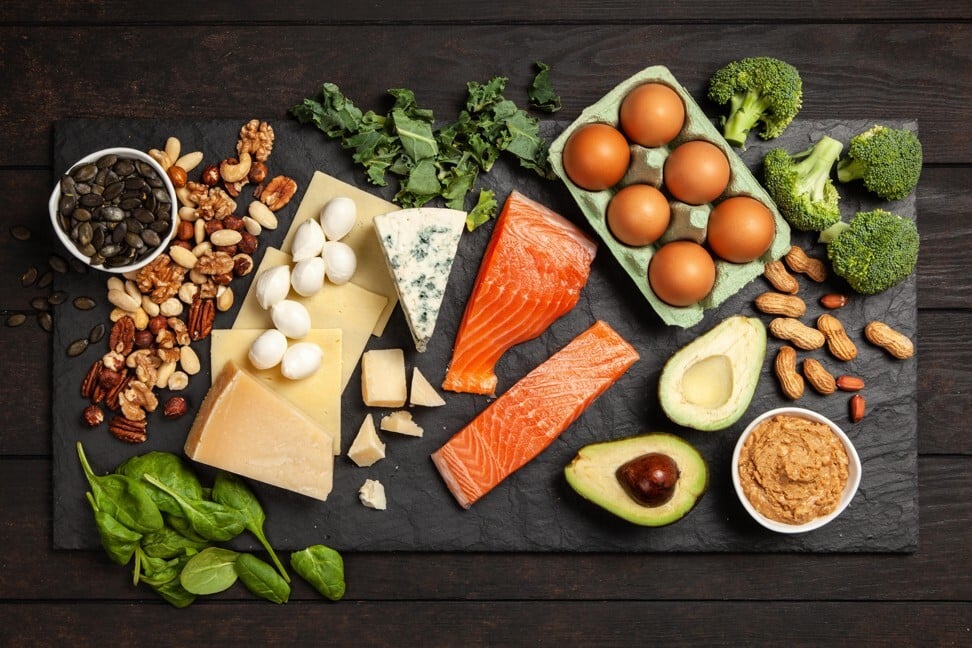
“We all grow old and die, but maybe we can find a way to slow death down,” he says.
Ye has bought a home DNA test kit to help him understand his health-related conditions and, if finances permit, he wants to try stem-cell therapy.
The term “biohacking” has only recently entered the lexicon in Asia, according to 36-year-old British fitness trainer Joe Hanney.
In 2018, Hanney founded Biohackers Singapore, the country’s chapter of the global Biohackers Collective organisation to bring together like-minded people “obsessed with the pursuit of achieving an optimised life and superhuman performance”.
The group, which has 200 members, has informal gatherings and monthly talks to discuss the potential benefits of sensory deprivation tanks; the freezing temperatures of cryotherapy; earthing – walking barefoot on grass, sand, dirt or rocks; sleep tracking and lucid dreaming; cognitive enhancers, or so-called smart drugs; and other treatments and systems.
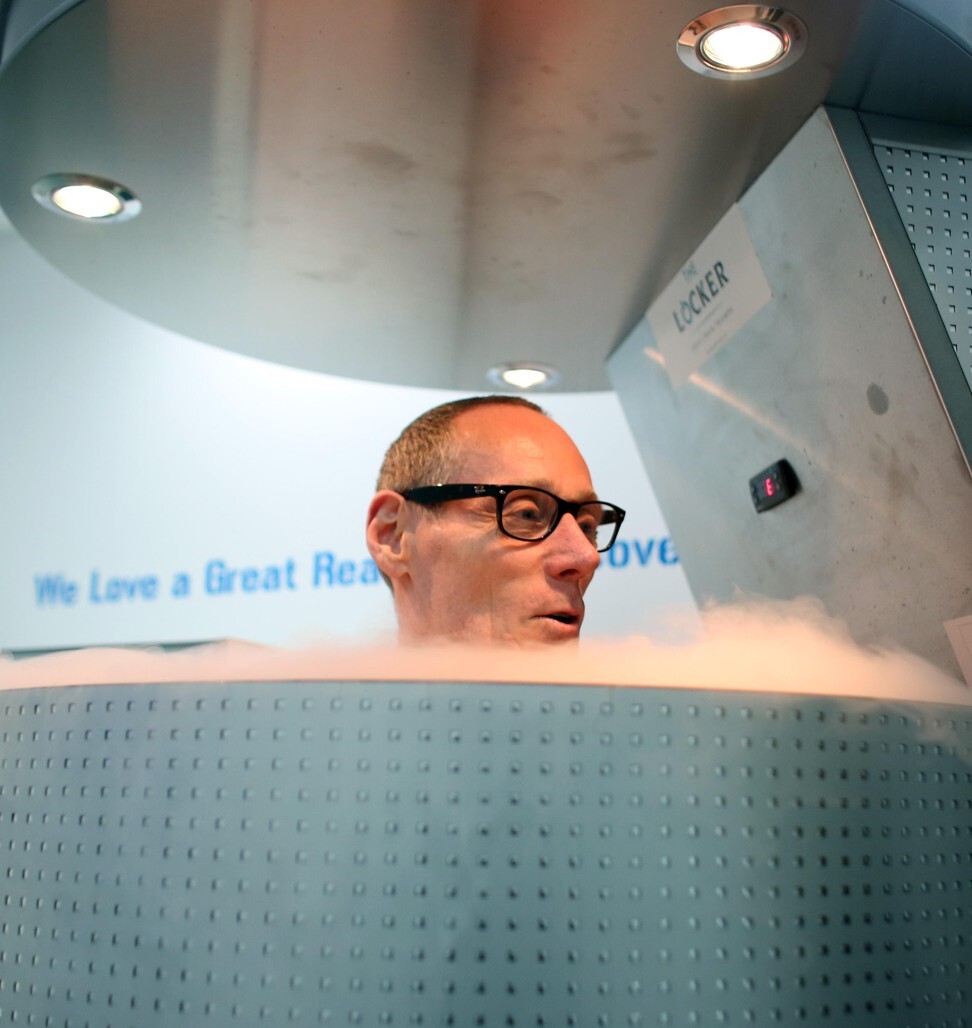
For peak productivity, Hanney practises a form of “polyphasic” sleep, which means he sleeps between 10pm and 4am, and later has 20-minute power naps in a NovoThor whole body light pod – a device that uses red and near-infrared light to treat injuries, reduce pain and relax muscles.
He naps to the sounds of binaural beats (tones that induce specific brainwave states), while inhaling the scent of lavender-infused oils after sipping on a calming, medicinal mushroom drink. All the while, his body’s functions are tracked by the Biostrap wearable health tracker on his wrist.
Hanney likens this tracking of his health data to how a GPS device enables easier travel planning. “It takes out the guesswork,” he says. “To me, biohacking is taking control of your life and bringing balance to it.”
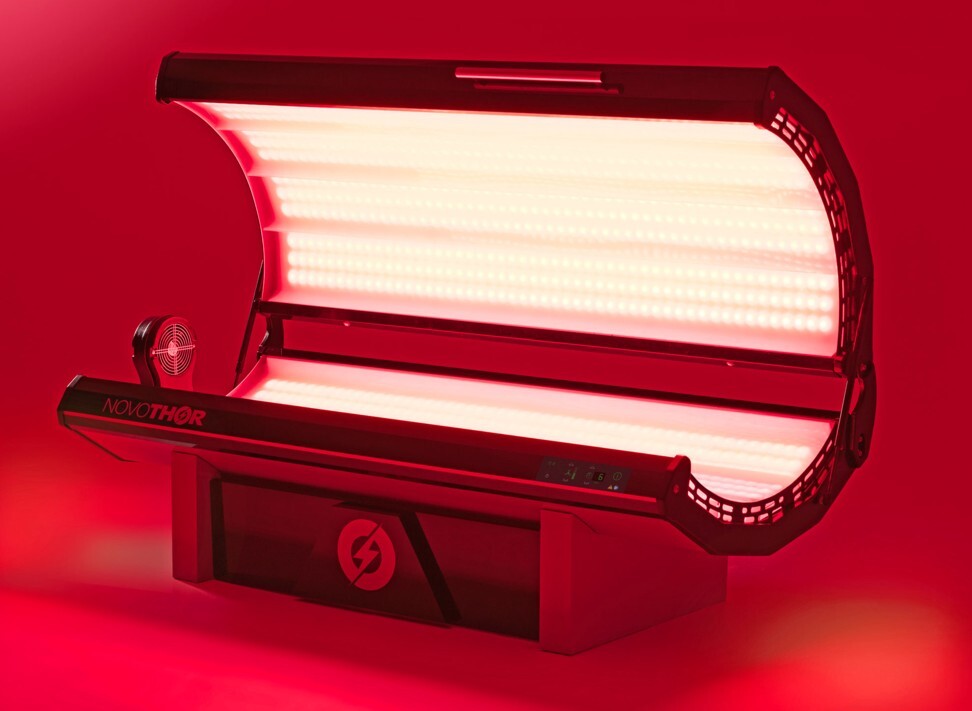
Hanney plans to open HACKD Fitness Singapore, the city state’s first biohacking gym and a spin-off of HACKD Fitness in New York, in the central business district by the end of this year. It will cater to newcomers as well as biohackers “who want to take it to the next level”.
The futuristic gym will be equipped with artificial-intelligence bikes, brain-stimulator headphones and vibration plates. It will also track data such as heart-rate variability, and “gameify” the entire experience to motivate clients to beat their current scores, Hanney says.
Users will also be able to have a “stacked series of experiences” at other partnering health and wellness outfits that offer services such as cryotherapy and DNA testing.
The most popular biohacking craze in Singapore is the high-fat, low-carb keto diet, which helps to put the body into a metabolic state called ketosis. Its rise may be linked to the Singapore government’s 2016 declaration of a war against diabetes. More than 400,000 Singaporeans live with the disease.
Seriously Keto, one of Singapore’s pioneering keto-friendly bakeries, has taken advantage of the popularity of the keto diet, and provides sugar-free desserts to health-conscious consumers, such as those on ketogenic, paleo and gluten-free diets.
Originally from Indonesia, founder Janti Brasali, 53, realised there was a shortage of these products on the market and that she could bake keto desserts for more than just her friends and family. The bakery’s bestsellers include KetoBuns, Chocolate Deluxe KetoCups (chocolate cupcakes) and Fin-Garlicky Sticks (pretzel sticks).
Raphaël Chabaud, 31, has biohacked his own health by going full carnivore. He says his all-meat diet, which he switched to after the first time he tasted beef tartare (a traditional French dish made from raw ground beef), has similar benefits to those of the keto diet.
The marketing professional, who was brought up on a vegetarian diet, says he now feels full of energy, has lower inflammation and doesn’t feel hungry as often. A recent blood test concluded that everything – bar his cholesterol, which was a little high – was within the normal range.
One of the unexpected advantages of his diet, which he adopted last year, is that Chabaud’s supermarket shop is now simpler. The French national now just zooms straight to the meat section to snap up essentials like beef, bacon, chicken and sausages before he buys other products such as eggs.
“People like to tease me about it … at the gym, they make jokes like, ‘Oh you’re the meat guy,’” Chabaud says with a laugh, adding that he sees this as a good segue into friendly discussions about nutrition and health.
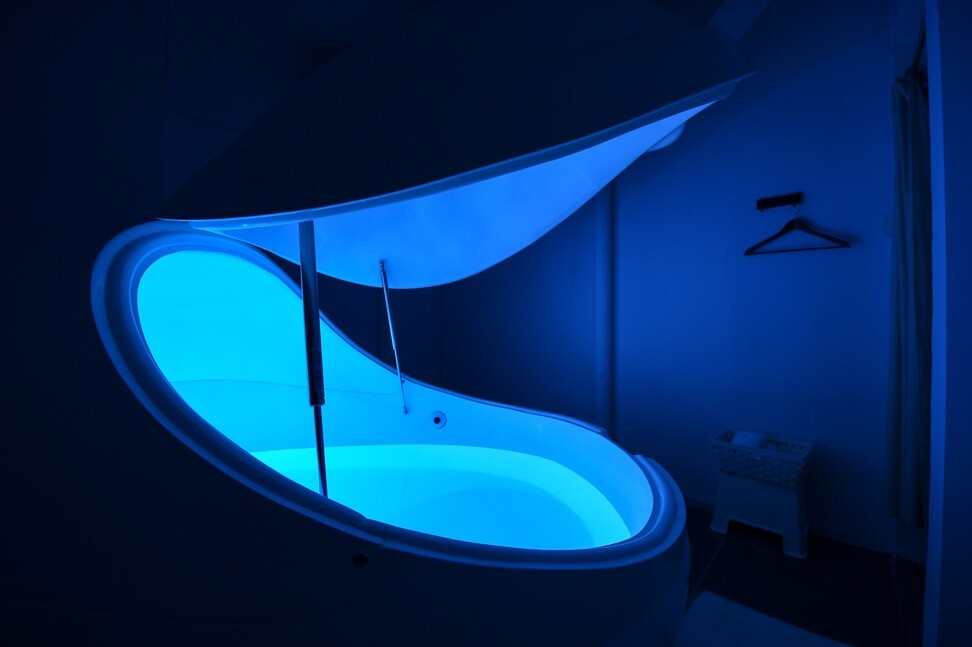
His diet is not without its disadvantages though – having to look for options while eating out has made Chabaud’s “social life more complicated”, so he usually opts to stay in, or will join friends for a drink after dinner.
Although at least 70 per cent of the calories he consumes are still derived from animal products, Chabaud is starting to slowly introduce some carbs and plants back into his diet. “While I am still convinced of the benefits of a meat-based diet, I want to experiment with a more flexible version of the diet that will make it easier socially and that may give me more energy in the gym,” he says.
Flotation therapy is also on the rise in high-stress Singapore, and a t Palm Ave Float Club – the Lion City’s first-ever float centre, in Kampong Bugis – people lie in sealed futuristic pods filled with water and Epsom salts in near darkness.
Founder Derrick Foo first tried flotation therapy in the US after listening to a podcast about it. He then continued to do it in Taiwan, before eventually buying a US$20,000 pod for himself.
The Palm Ave Float Club, founded in 2014, was pretty “experimental at the start”, and the founders weren’t sure it would take off, recalls co-owner Sarah Chan. But five years on, the business has seen steady growth and “fewer sceptics”, she adds. An hour-long float costs S$90.
The centre has a loyal following of Singaporeans and foreigners from diverse backgrounds. These include athletes such as mixed martial arts practitioners looking to supercharge their recovery process and professionals in fields including finance, law and education seeking to unwind.
“Most of our clients are here for stress relief,” Chan says. “Others are here because of sleep issues, physical injury, to deepen their meditation practice – or just out of curiosity.”